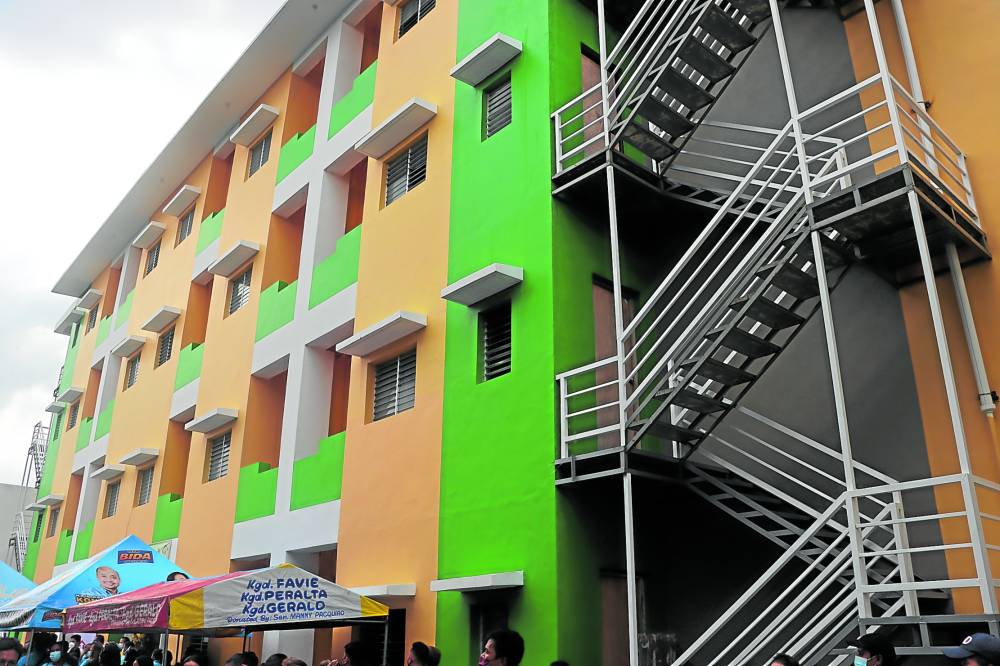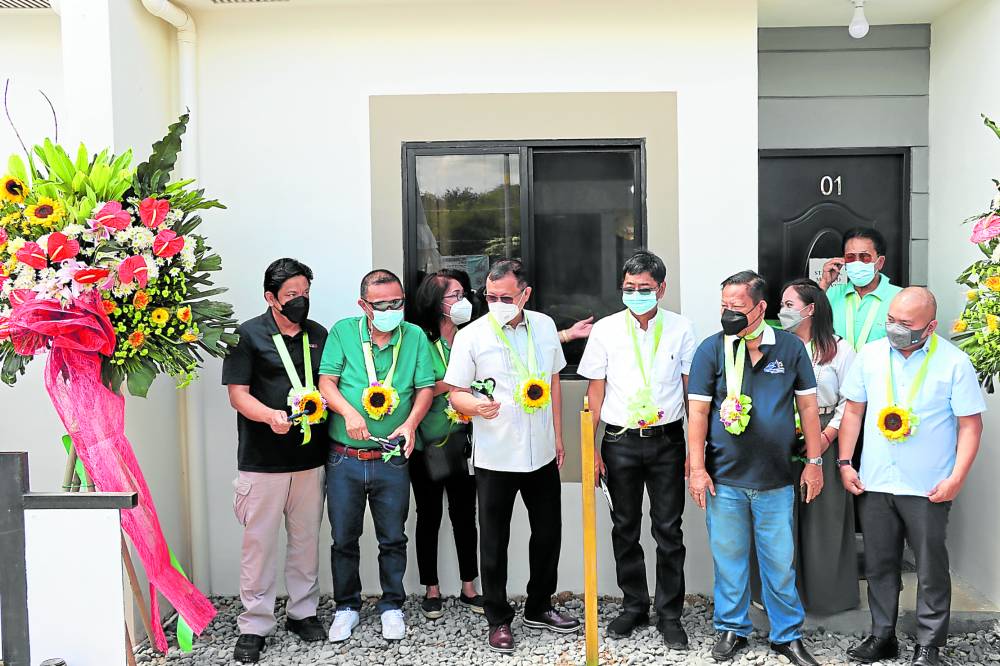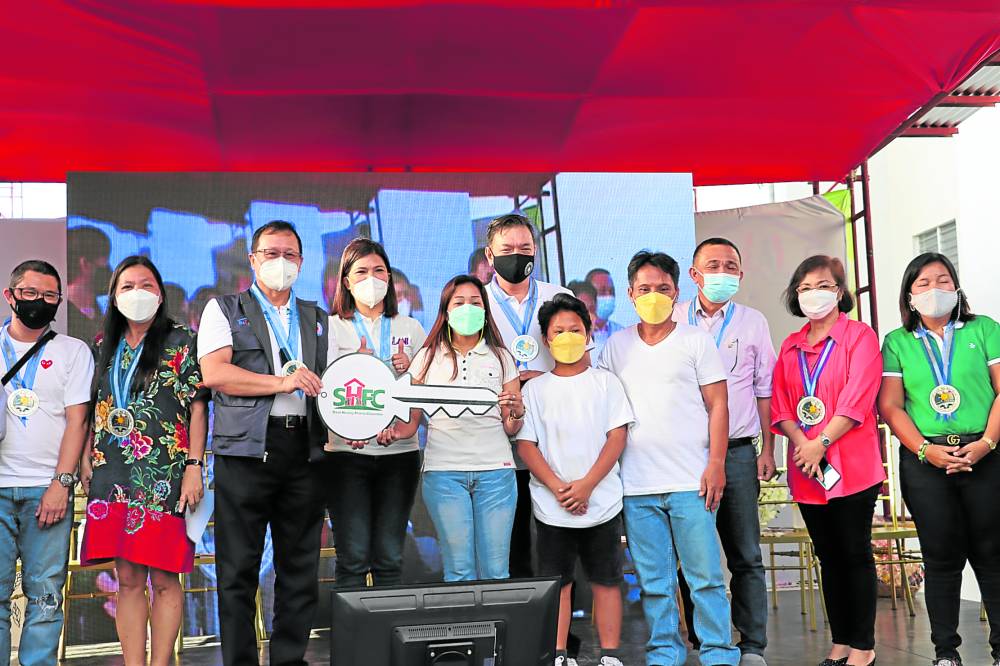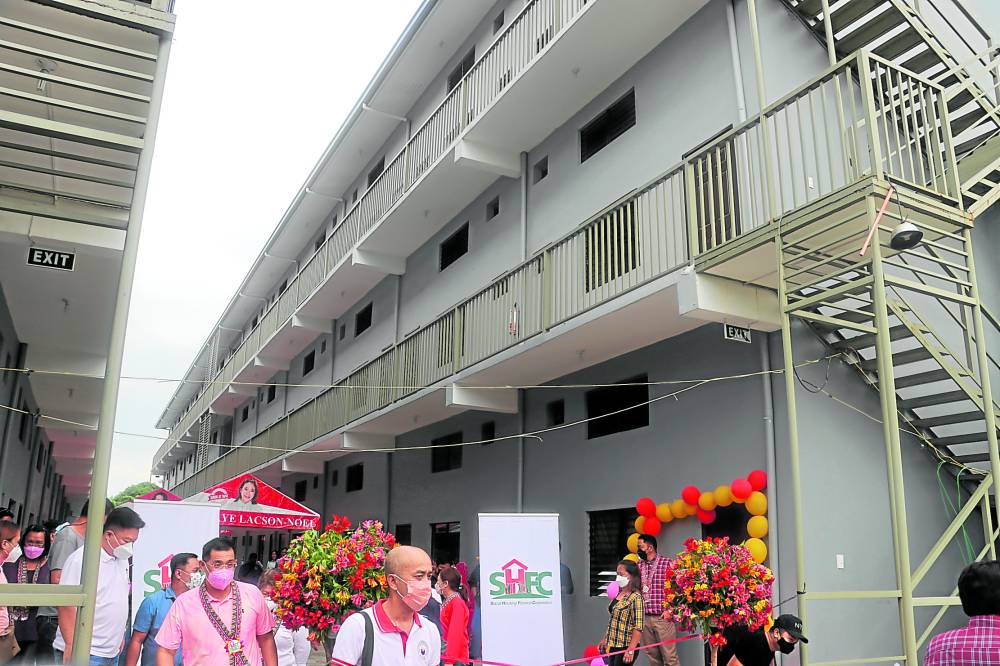Housing sector moving forward
During this crucial transition period, government agencies have been working hard to ensure the continuity and sustainability of their operations to ensure a seamless public service.
In our case at the Department of Human Settlements and Urban Development (DHSUD), it translates to assessing our performance, reevaluating our current efforts, and planning for the future of the housing sector. Guided by our vision of providing adequate, affordable housing and inclusive human settlements in well-planned communities, we intend to move forward with our successes and learning experiences which we hope would be useful for the sector’s development in the ensuing years.
Milestones amid pandemic
The creation of DHSUD was a significant milestone in the management of housing, human settlement and urban development in the country.
While it was an enormous challenge, it has also been a meaningful journey in drawing the path for one of our basic needs and rights—shelter. As a springboard of our continuing endeavors, we have successfully crafted and adopted the 2040 National Housing and Urban Development Sector Plan (NHUDSP) which will serve as a comprehensive guide to the next-in-lines to follow.

The completion of resettlement buildings is part of the sustained efforts by DHSUD and its key shelter agencies to provide decent yet affordable shelters to underprivileged Filipinos.
Despite the agency’s birth pains, I can confidently say that we did our job well, having achieved the highest performance in annual housing production and financing with the untiring efforts and commitment of our key shelter agencies–despite the COVID-19 pandemic.
Our average annual production stood at 197,886 housing units, a much higher figure than the previous administrations since 1975. A total of 1,088,373 housing units and lots were produced and financed as of end 2021. This represents 86 percent of the 1,267,198 units targeted under the Philippine Development Plan from 2016 to 2022. With this figure, we will surely surpass our PDP target if the 2022 housing production will be added.
Limitations
Amid limitations in budget and mobility, our bureaus, support services and regional offices have painstakingly implemented and delivered our programs and projects to the best of their capabilities. Our accomplishments are a solid testament of the efforts and dedication of our employees.
To facilitate efficient and judicious use of our land resources, we have assisted 233 local government units in the updating and ratification of their Comprehensive Land Use Plans and Provincial Development and Physical Framework Plans from 2020-2021.

At the ceremonial turnover of 937 housing units in Pampanga to members of the Townhomes San Fernando Homeowners’ Association
On real estate development regulation, we have crafted policies and issued directives for both developers and homebuyers to cushion the adverse impact of the pandemic. In total, we have issued 1,437 licenses to sell and certificates of registration to 36,624 dealers, brokers and salespersons registered in the last two years. Through this, we have provided opportunities for our kababayans to own quality houses while professionalizing the industry.
We also committed to build not just houses, but sustainable housing communities to empower home dwellers and their associations. As of December 2021, we are serving 25,621 registered homeowners’ associations nationwide and have revised the implementing rules and regulations of RA 9904 or the Magna Carta for Homeowners and Homeowners Associations.
Equally important is our journey to organizational development. From a low 28 percent fill-up, we now have 65.46 percent of our human resource complement, crafted and submitted for funding our Information Systems Strategic Plan, completed the establishment of all our regional offices, streamlined our institutional systems and processes, and fully operationalized our programs and services down to the regional level. Hence, a One DHSUD is formed and continuously growing to provide direction in the housing sector.
Strategic direction

DHSUD-SHFC Ciudad de Strike — Ciudad de Strike Phase I DHSUD Secretary Eduardo Del Rosario, together with SHFC President Arnolfo Ricardo Cabling spearheads the ceremonial turnover of the Ciudad de Strike Homeowners Association Phase I in Barangay Molino 1, Bacoor City, on December 14, 2021. A total of 1,440 units will be built under the scheme, part of SHFC’s Community Mortgage Program, and will benefit families living in danger zones across Bacoor City. (DHSUD-CDMRD)
We must continuously innovate to ensure that our vision to be “a strong institution and catalyst for the provision of adequate and affordable housing, inclusive human settlements and well-planned communities for every Filipino family” comes to light.
Whoever will take the magnanimous challenge of leading the country’s housing industry, the 2040 NHUDSP will serve as a template as this is a product of convergence of efforts from concerned sectors, armed with a strong compassion for the shelter need of the Filipino people.
For the new administration, I am hoping that it will give priority in terms of budget allocation for the agency to accomplish more, especially as housing has a huge social, economic, and political impact.
I am certain that the entire DHSUD workforce, along with our partners both in the government and private sector, will work jointly to fulfill our mission for the country, our shelter mandate and our commitment to have a robust housing sector.

